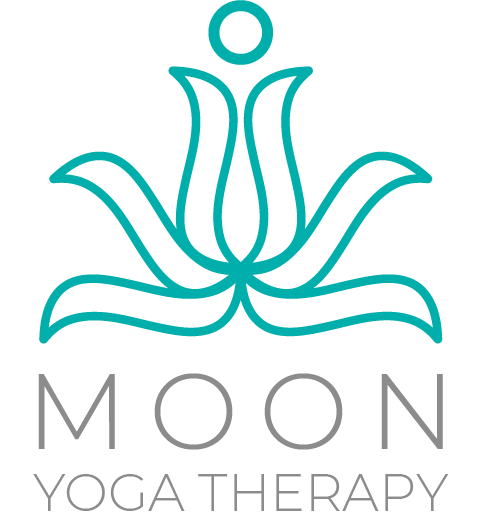Armed conflicts around the world, and the resulting humanitarian crises, are leading to an expansion of psychological disorders among the populations concerned, which has a real impact on future generations.
A study has shown that 25-75% of the population that experiences armed conflict develops post-traumatic stress disorder. Others have concluded that 22.1% of populations affected by conflict tend to develop disorders such as depression, anxiety, stress, bipolar disorder, or schizophrenia.
Yoga in humanitarian work
During my practice in yoga and my work as a Yoga teacher and Yoga therapist, I have noted the benefits of Yoga on the body, and the mind. So, the idea of working with humanitarian organizations and within refugees came to my mind.
Humanitarian organizations are increasingly interested in non-drug therapies for the management of these disorders. Yoga turns out to be one of these therapies, acting not only on the psychological level but also physiological by balancing neurotransmitters, and stimulating the parasympathetic nervous system responsible for relaxation, recovery, and rest.
Volunteer as yogatherapist
It was with Lifting Hands International, an American NGO that I volunteered last August to work as a yoga therapist with people who have suffered from a deep psychological trauma.
This organization works in the Serres refugee camp in northern Greece; one of the largest camps for Yazidi refugees in Europe. I had the chance to help these people who fled from Sinjar in northern Iraq because of Daesh. They traveled thousands of kilometers in incredibly difficult conditions before arriving at this place.
My objective of this two-week mission was to use my knowledge of post-traumatic stress management by training the team of volunteers on this subject, and on its management by Yogatherapy, as well as the organization of therapeutic Yoga sessions adapted to the physical and psychological conditions of the beneficiaries.
Thanks to my mastery of the Arabic language, I was able to gain the trust of these refugees, especially since Yoga remains today a completely foreign discipline to them.
Trauma informed approach
Taking into account the difficulties and harsh experiences of these refugees, I organized my sessions, each time favoring the postures of openness (Bhujangasana, Tadasana with opening of the arms ,…), rootedness (Vrkasana, Sukhasana ,…), self-confidence like Virabhandasana, and security (Balasana, Paschimottanasana,…). Of course, avoiding all postures that can trigger a memory of trauma such as torture or rape (Marjaryasana, Ananda Balasana,…).
I also insisted on the appropriate breathing exercises, which allow them to find inner peace, and to know that it is possible to find it whenever they need it.
Challenges and difficulties
Many challenges were encountered regarding the organization of the sessions and their smooth running. I had to reorganize the tent dedicated to women’s manual activities, while keeping the other activities (knitting, crochet, sewing,…), in order to bring them yoga as close as possible to them. This allowed the women who participated in the session to stay in their usual reassuring environment, and others to discover Yoga from afar first, before coming by themselves to practice it later.
Another challenge was adapting with the constant hustle and bustle of the tents from outside that required much more effort to concentrate and bringing more calm in the tone employed and instructions during the practice.
Despite the difficult conditions of this mission, I was happy and relieved to see these few people come at the beginning, discover Yoga, listen to my advice with curiosity, try to do the postures with caution, then come back the next day more numerous, men and women of all ages, to let go with more awareness of their body and more confidence, finish the session with relaxation, and thank me warmly before leaving very satisfied.
An unforgettable experience
This mission was for me of extreme richness, and of a rare intensity in terms of human relations with the volunteers as well as with the beneficiaries. It allowed me to introduce Yoga to a population whose culture is very far from it, and to bring its physical and psychological benefits as close as possible to it.
Finally, I can confirm today that Yoga can contribute positively to the improvement of health, body and soul, can help displaced populations and war traumatized, to overcome their difficult conditions and to have the courage to hope for a better tomorrow.

![Can Yoga help in humanitarian crises? [My Experience with Lifting Hands International]](https://moonyogatherapy.com/wp-content/uploads/2024/02/Can-Yoga-help-in-humanitarian-crises-My-Experience-with-Lifting-Hands-International-e1722076657104.webp)


